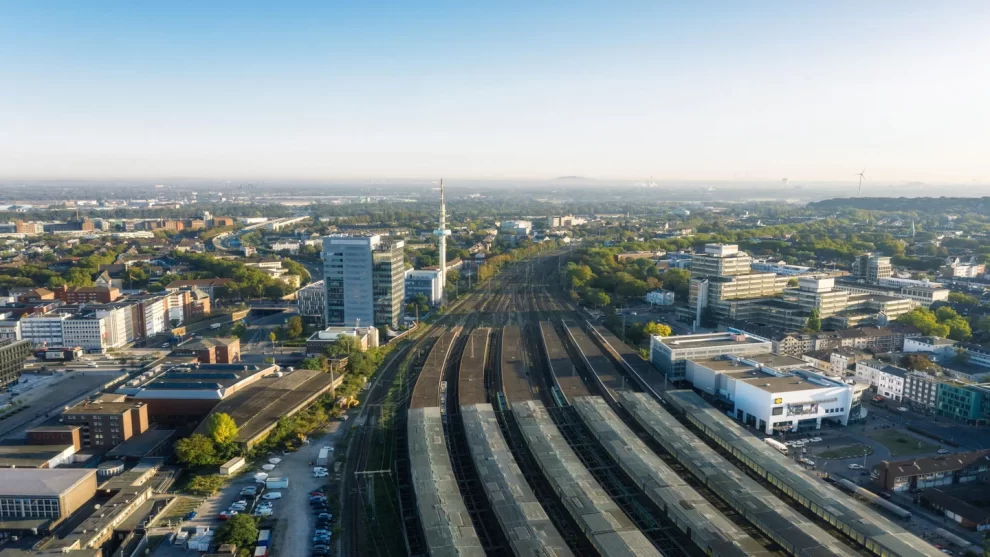Berlin (05/11 – 40)
The international transport corridor “Tajikistan-Europe” will be expanded. The initiative for the implementation of the “Crossroads of the World” project was announced at the IV International Tbilisi Silk Road Forum, which concluded in the capital of Georgia.
The project envisions the development of connections between Armenia, Azerbaijan, Turkey, and Iran. This means that the Silk Road, which once passed through the North Caucasus, will now be connected to the South Caucasus hub.
“In this way, another node is added to the multimodal corridor ‘China – Tajikistan – Uzbekistan – Turkmenistan – Iran – Turkey – Europe’,” said Rahmiddin Salomzoda, the head of the Ministry of Transport of the Republic of Tajikistan.

“Crossroads of the World” project envisions the development of connections between Armenia, Azerbaijan, Turkey, and Iran. This means that the Silk Road, which once passed through the North Caucasus, will now be connected to the South Caucasus hub. The multimodal corridor through ‘China – Tajikistan – Uzbekistan – Turkmenistan – Iran – Turkey – Europe’.
During the negotiations that took place in May 2023 between the leaders of Turkmenistan and Tajikistan, Serdar Berdymukhamedov and Emomali Rahmon, the transportation sector was identified as a priority for bilateral cooperation. In this context, the importance of enhancing efficiency and establishing new international transport corridors, including the multimodal “China – Tajikistan – Uzbekistan – Turkmenistan – Iran – Turkey” corridor, was emphasized.
The IV International Tbilisi Silk Road Forum was held under the slogan “Connecting Today Resilient Tomorrow” with the participation of approximately two thousand delegates from 60 countries worldwide. Among them there were representatives from the public and private sectors, international organizations from Central Asia, the Persian Gulf, the United States, and China, as well as experts and journalists.
They discussed matters related to expanding economic cooperation, specifically the creation of a new East-West trade architecture, the improvement of international transport corridors, and the attraction of investments for a sustainable future.
Source: Orient































